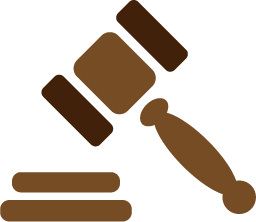What Is the Difference Between Chapter 7 and Chapter 13 Bankruptcy?
If you struggle to pay your bills each month and do not know what to do, have you considered talking to a bankruptcy attorney? Bankruptcy helps people eliminate or restructure their debts, and it can help you if you owe a lot of money. When you begin pursuing bankruptcy, you will notice that there are two main branches — Chapter 7 and Chapter 13. What is the difference between these options? If you would like to know, continue reading to discover some of the primary differences.
The Eligibility Requirements
The first difference is the eligibility requirements. You must complete an income test when filing for bankruptcy to determine which branch you can use. In some cases, people qualify for both. In other cases, you might qualify for only one. The main factor that matters is your income. When you compare your current income to the average in your state, where do you rank? Do you make more or less than this amount? If you make less, you qualify for Chapter 7. If you make more, you can only use Chapter 13. There are several other eligibility requirements that an attorney can explain to you.
The Way Each Type Handles Debts
Secondly, you will see some major differences in how each branch handles debts. Chapter 7 forgives all qualifying debts, leaving you with zero balances. You must repay the debts in full that do not qualify for forgiveness. Chapter 13 requires repaying all your debts, but you can do this over a period of three to five years.
The Way Each Type Handles Assets
The next difference is the way each branch handles assets. If you use Chapter 7 and receive debt forgiveness, you might have to give some of your assets to the court. The court sells them to pay for your debts. You will not lose assets in a Chapter 13 case. Instead, you keep everything you own.
The Timeframe of Each
The final difference is the timeframe of each branch. Chapter 7 is much faster to use, as it takes less than one year from start to finish. Chapter 13 will take up to five years from the time you begin your repayment plan.
Understanding how Chapter 7 differs from Chapter 13 can help you choose the right branch to file. If you have questions about either branch or want to file, talk to a local bankruptcy attorney when you have time.
